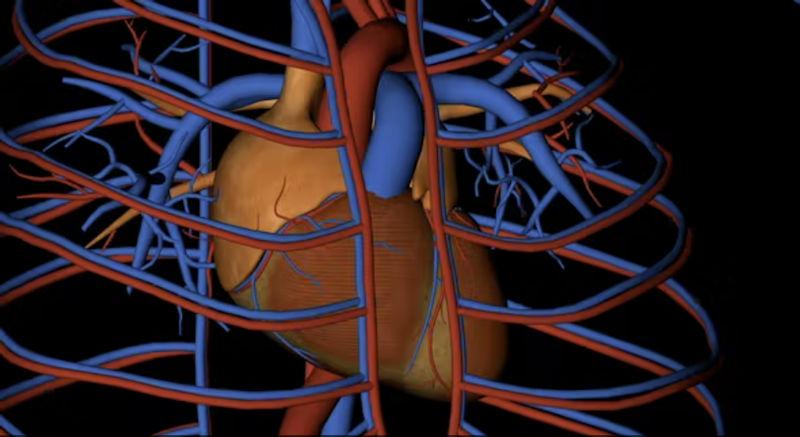Twenty years ago, it was commonly understood that science had not seriously studied the benefits of Tai Chi Chuan, so reports of its benefits were mostly anecdotal or personal opinions. Benefits for balance and prevention of falls were the earliest studies done, but that ignored other beneficial effects such as on mental state, cholesterol levels, sugar levels (related to diabetes), and blood pressure.
Research on Tai Chi Chuan however has expanded greatly. In this short article, I will describe some of the research on lowering of blood pressure and keeping it in a healthy range. There are numerous research articles concerning blood pressure in peer-reviewed journals and by prestigious organizations such as the National Institutes of Health (NIH). I will provide a few links at the end of this article for those who would like to read selected research.
I have mentioned in my Tai Chi Chuan classes that typical exercises described as cardiovascular exercise in this country are focused on raising the heart rate. There is even an ideal, target heart rate recommended by age. Although such activity can be helpful due to impact on bones and muscles, including the heart, they may not have as much influence as hoped for on other processes such as blood pressure and cholesterol.
The problem with the fast-heart strategy used as a blanket or universal approach is that for all but the youngest or healthiest individuals, there is significant risk that the heart is being forced to pump hard while working against the tension of a non-optimal circulatory system. This can put the heart at risk of strain. The circulatory system is indeed exactly that, a system: the heart, arteries, and veins all need to work together for true circulatory health.
There are muscles lining the walls of our arteries and veins, and those muscles are an important part of our circulation. Wherever there are muscles, there are also nerves, hormones, and other internal factors that control how well the muscles work. Strangely, many articles on circulation omit the active role of arteries and veins in helping blood circulate. However, Lumen Learning spells it out: “Blood primarily moves through the body by the rhythmic movement of smooth muscle in the vessel wall and by the action of the skeletal muscle as the body moves.”
The deep release and energy shifts of Tai Chi Chuan help circulation in a holistic, systemic way. One study shows Tai Chi Chuan practice as significantly more effective in lowering blood pressure and lowering bad cholesterol levels than aerobic exercises. Other articles show a similar effect of aerobics and Tai Chi Chuan practice. The studies do not attempt to ensure that the Tai Chi Chuan practice is done optimally, so perhaps with an experienced teacher even better results would be observed. Tai Chi Chuan practice over a longer period of time than in the research studies would also likely be beneficial.
Over the years, I have gained increasing awareness of and respect for our amazing human mind / body system. For overall health, holistic practices that improve the well-being of brain and body in an integrated manner are vital; such practices can lead to enduring mental and physical health benefits. The evidence continues to accumulate that Tai Chi Chuan is perfectly placed to contribute to practitioners’ mental and physical well-being.
Related links:
The Effect of Tai Chi Exercise on Blood Pressure: A Systematic Review
The beneficial effects of Tai Chi Chuan on blood pressure and lipid profile and anxiety status in a randomized controlled trial (abstract, NIH)


